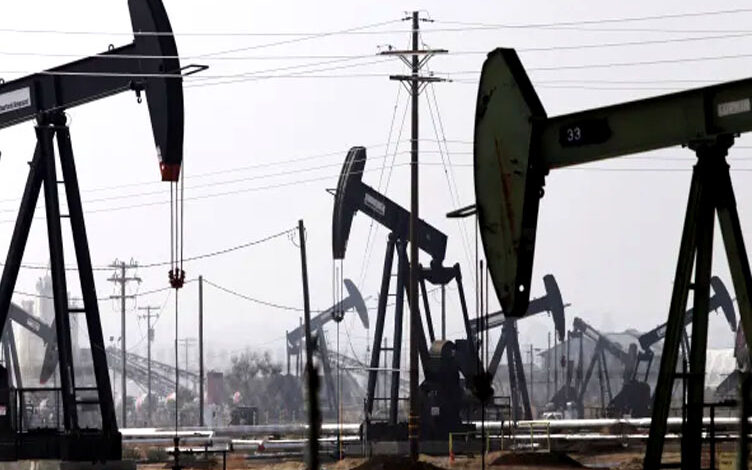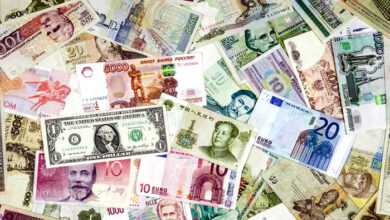In anticipation of China’s reopening, oil prices increased by $1.

On Friday, oil prices increased by as much as $1, adding to gains from the previous trading session on expectations that Chinese demand would increase and after data revealed that fuel stocks in the United States had decreased as a result of a winter storm that slammed at the end of the year.
After closing Thursday’s trading session 85 cents higher at $78.69, Brent crude futures were 94 cents, or 1.2%, higher at $79.63 a barrel at 03:45 GMT.
At $74.58 per barrel, U.S. West Texas Intermediate crude futures were up 91 cents, or 1.2%. They had ended the previous session at $73.67, up 83 cents.
With both contracts down roughly 7% from the previous week, oil prices were expected to close the week lower. An anticipated global recession has dampened trading enthusiasm.
“China’s reopening optimism, particularly further stimulus measures to bolster the housing industry,” says Tina Teng, an analyst at CMC Markets, “is the primary bullish cause for oil prices, which have strengthened the demand forecast in the near year.”
“The weakened US dollar has also given the oil markets more upward momentum,” she continued.
In an effort to strengthen its heavily leveraged real estate sector, which makes up a fifth of the economy, China on Thursday announced additional state support measures, including the establishment of a dynamic adjustment mechanism on mortgage rates for first-time home purchasers.
Transportation officials predicted on Friday that China’s total number of passenger journeys completed by travellers through land, sea, air, and rail during the forthcoming Lunar New Year will exceed 2.1 billion this year, more than double the 1.05 billion during the same period last year.
Beginning on Saturday, daily passenger flights during the holiday season are averaging about 73% of pre-pandemic levels in 2019.
China, the biggest importer of crude oil in the world, abruptly reversed its strict COVID policy, which resulted in a rise in COVID infections throughout the nation.
Despite the fact that China’s service sector activity declined in December for the fourth consecutive month due to an increase in infections, the rate of reductions decreased, and business confidence reached a 17-month high.
In the United States, distillate inventories (USOILD = ECI), which include diesel and heating oil, decreased more than anticipated in the week leading up to December 30, according to statistics from the Energy Information Administration (EIA) on Thursday. 1.4 million barrels were lost, as opposed to the predicted 396,000 barrel loss.
According to EIA statistics, U.S. gasoline stocks (USOILG = ECI) decreased by 346,000 barrels last week, compared to analysts’ estimates of a 486,000-barrel decrease.





